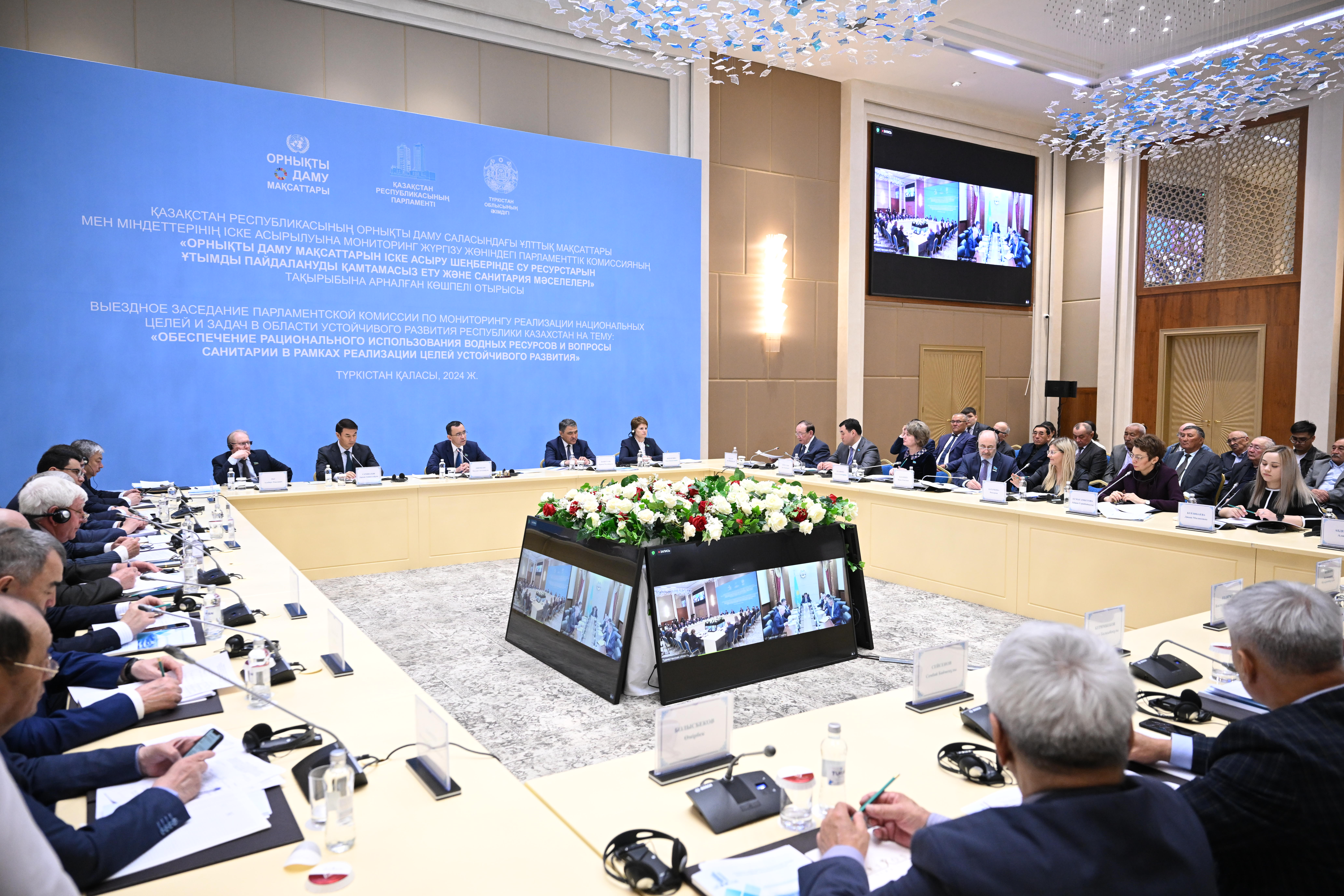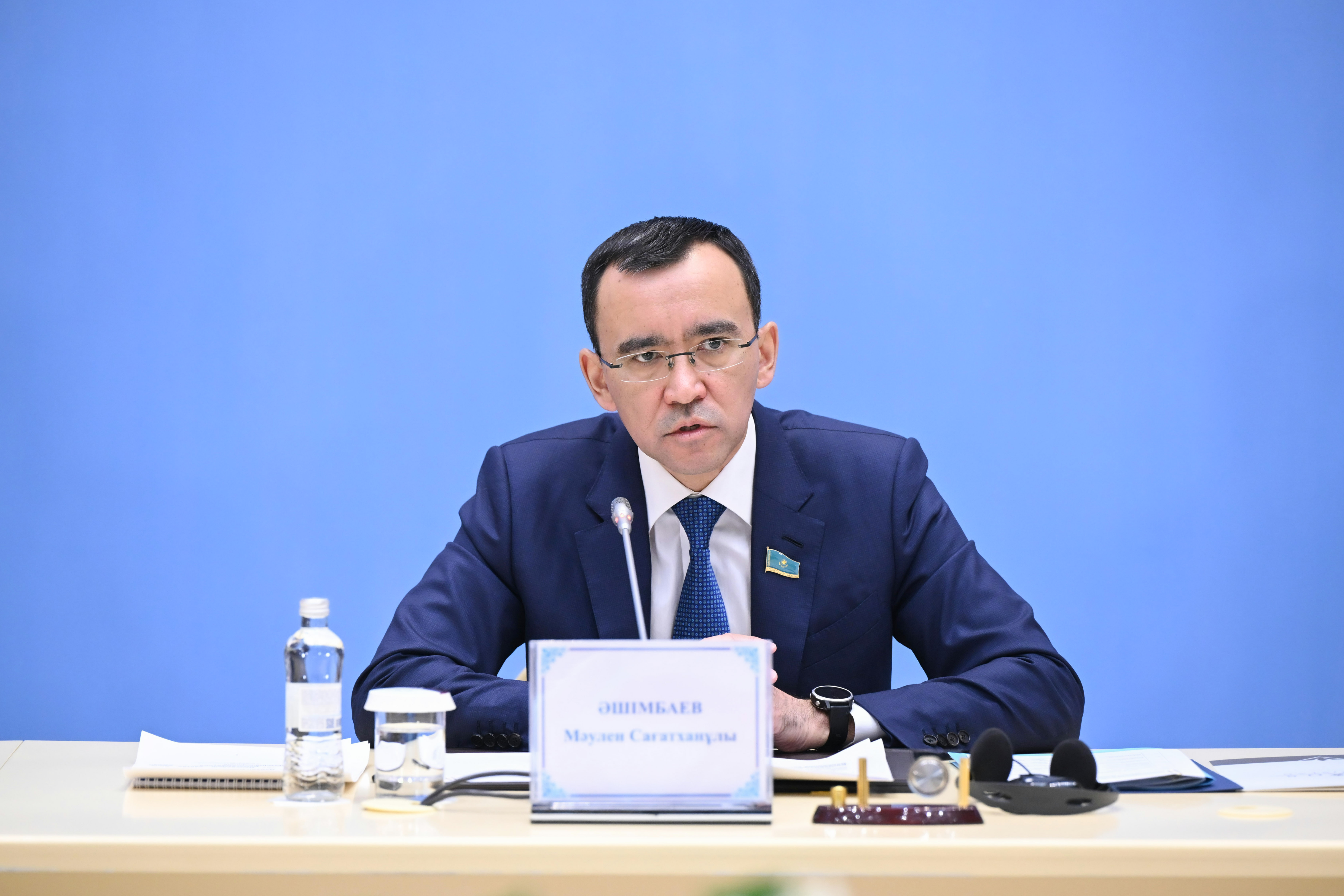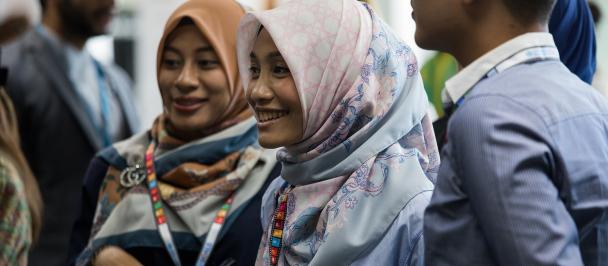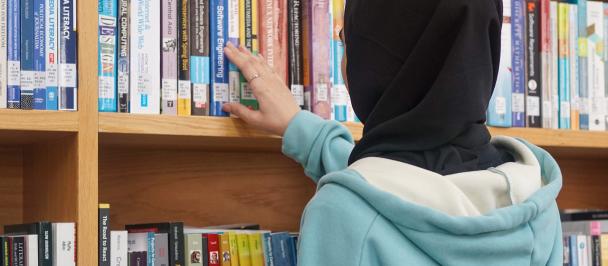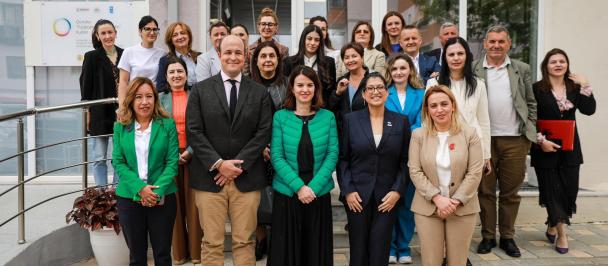Speech of UNDP Resident Representative in Kazakhstan Katarzyna Wawiernia at the meeting of the Parliamentary Commission on SDGs in Turkestan
March 29, 2024
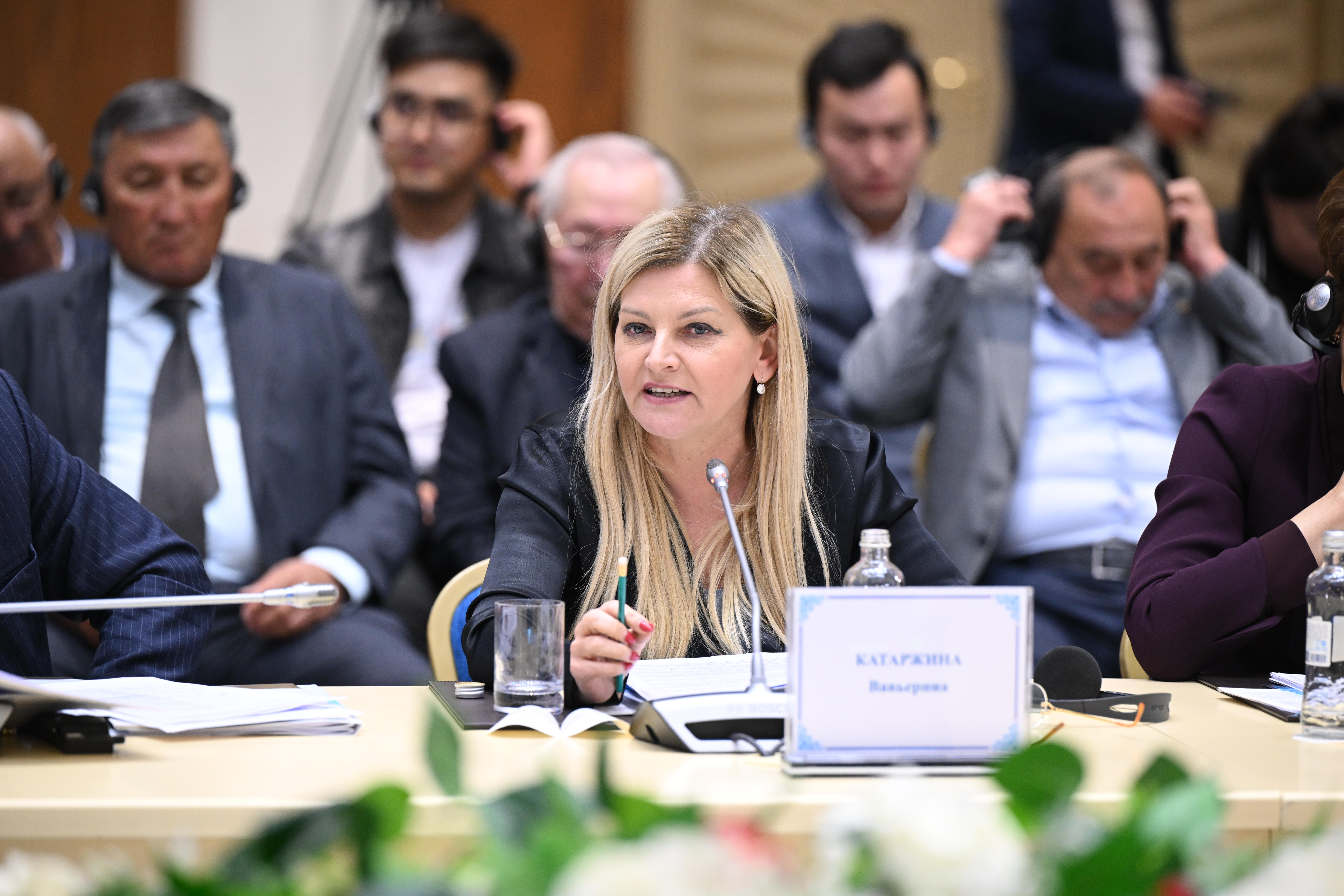
Your Excellency, Chairman of the Senate, Mr. Ashimbayev,
Esteemed members of the Parliament and the Government,
UNDP is honored to be part of the today’s offsite meeting of the Parliamentary SDG Commission, devoted to SDG, which focuses on clean water and sanitation.
A recent analysis of the Kazakhstan National Development Plan up to 2029 showed that only 36 percent of the SDG targets are integrated (60 targets out of 169) and only 5 national SDG indicators are included, suggesting that increased efforts are also needed in the area of water and sanitation.
As of today, significant strides have been made in certain areas, such as population access to water supply services, with urban areas at 98.4 percent and rural areas at 94.5 percent.
Yet, disparities persist.
Approximately 300,000 people in rural areas lack access to drinking water.
Stagnation is also observed in the proportion of wastewater safely treated and the level of water stress. For instance, while urban areas show a sanitation coverage of 77.1 percent, rural areas lag at only 8.8 percent. The proportion of the safely treated wastewater declined to 75.2 percent in 2022.
Water quality deserves special attention. Though there has been some progress in the proportion of water bodies with good ambient water quality, challenges persist. Thirty-six rivers and reservoirs out of 106 studied exhibited the worst water quality by the end of 2021.
Water losses in agriculture must be addressed. Today, outdated irrigation systems contribute to significant water losses, amounting to 38 percent of water withdrawn.
The conclusion is obvious: if current trends in the management of water resources continue, there is a risk that socio-economic development will slow down by 2030 due to water scarcity. The estimates show that 50 percent of Kazakhstan's water needs will not be met by 2040.
Overcoming these challenges requires systemic measures. These include tackling the decline in water resources exacerbated by climate change, improving cross-border cooperation for sustainable water flows, combating infrastructure degradation, improving the automation and digitization of water management processes, and combating anthropogenic pollution of water resources.
To support the Government and the newly established Ministry of Water Resources and Irrigation in addressing these challenges, UNDP has been engaged in several strategic initiatives:
UNDP is facilitating the adoption of a new water code, ensuring it is comprehensive and aligned with global best practices.
It is spearheading efforts to digitalize the water sector, developing a roadmap to improve water accounting and monitoring.
With the counterparts, UNDP is supporting the development of national action plans and regional strategic programs for glacier-naval systems, including implementing monitoring protocols and conducting climate impact assessments.
Finally, we are embarking on projects to revitalize the Aral and Caspian Seas regions, focusing on enhancing local communities' livelihoods to boost resilience to climate change.
Through these concerted efforts, UNDP is committed to partnering with the Government of Kazakhstan to promote sustainable water resource management and advance progress towards SDG 6, ensuring access to clean water and sanitation for all.
Thank you for your attention. Kop rakhmet.

 Locations
Locations